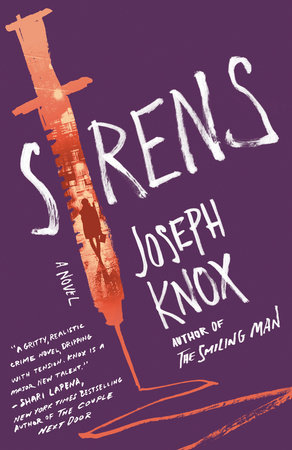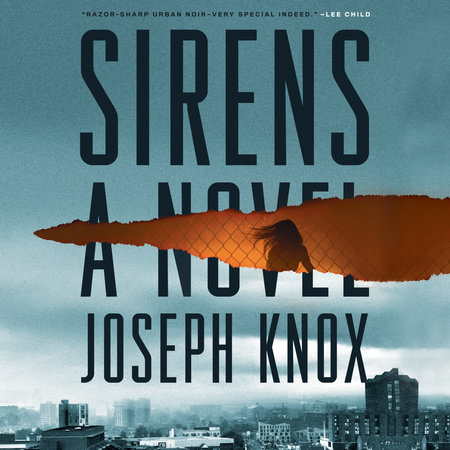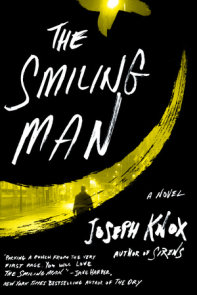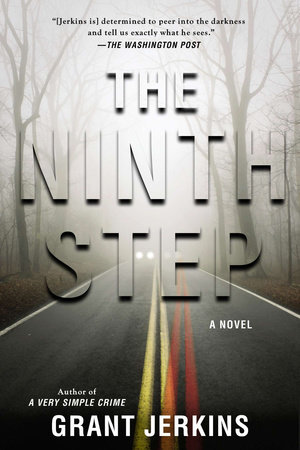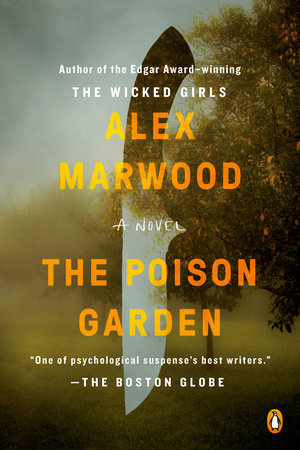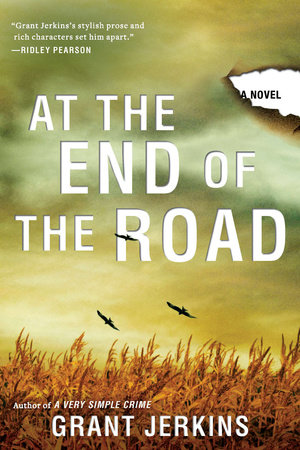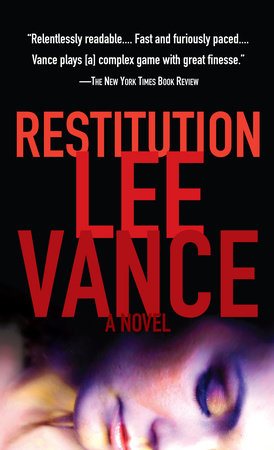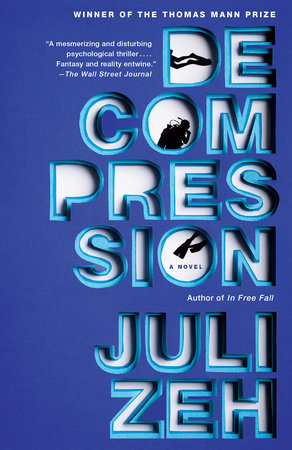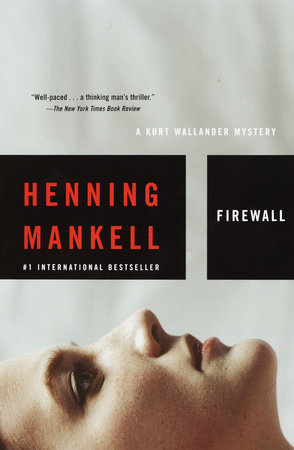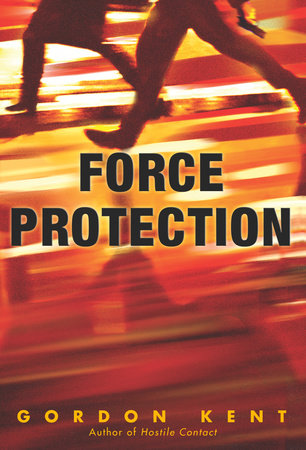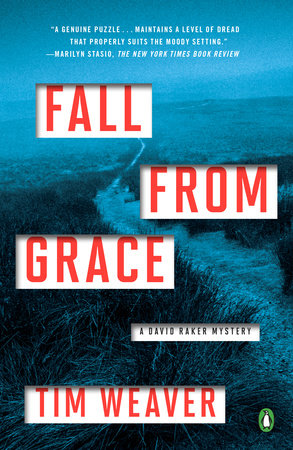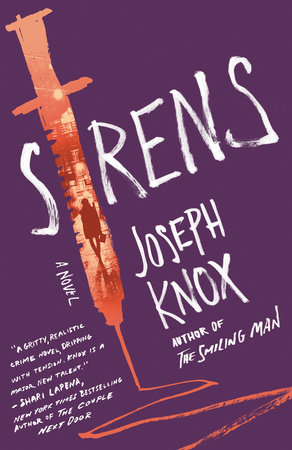

Sirens
By Joseph Knox
By Joseph Knox
By Joseph Knox
By Joseph Knox
By Joseph Knox
Read by Lewys Taylor
By Joseph Knox
Read by Lewys Taylor
Part of An Aidan Waits Thriller
Part of An Aidan Waits Thriller
Part of An Aidan Waits Thriller
Category: Crime Fiction | Suspense & Thriller | Noir Novels
Category: Crime Fiction | Suspense & Thriller | Noir Novels
Category: Crime Fiction | Suspense & Thriller | Noir Novels | Audiobooks
-
$16.00
Dec 04, 2018 | ISBN 9781524762889
-
Feb 20, 2018 | ISBN 9781524762896
-
Feb 20, 2018 | ISBN 9780525587910
632 Minutes

-
$16.00
Dec 04, 2018 | ISBN 9781524762889
-
Feb 20, 2018 | ISBN 9781524762896
-
Feb 20, 2018 | ISBN 9780525587910
632 Minutes
Buy the Audiobook Download:
YOU MAY ALSO LIKE
Praise
“Razor-sharp urban noir…very special indeed.” —Lee Child
“Knox, taking a cue from legendary Manchester band Joy Division’s doom-laden romanticism, is brilliantly in command of the book’s unusual blend of horrific and hopeful. And in what other crime novel are you going to learn that ultraviolet lighting is used in certain clubs so addicts wanting to shoot up can’t see the veins in their arms? A powerfully assured debut by a British novelist who has the potential to be a leading player in modern noir.” – Kirkus
“[A] perfect choice for readers who like their heroes a bit battered.” –Booklist, starred review
“Knox’s impressive debut plunges the reader into the darkest corners of Manchester’s druggy club scene. . . . Knox sets a dizzying pace and convincingly evokes the murky, unbalanced atmosphere of an empire built around drugs and money with vivid prose. . . . The hard-hitting action builds to a bleak, wrenching conclusion because, of course, not everyone can be saved.” –Publishers Weekly






